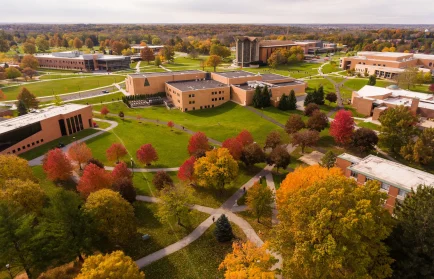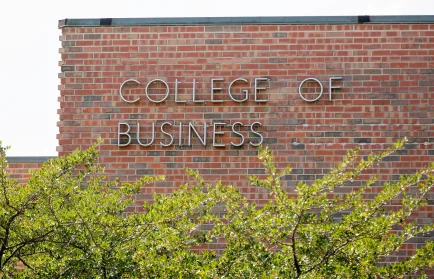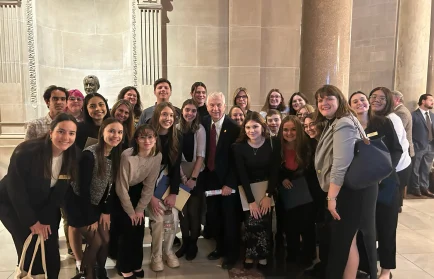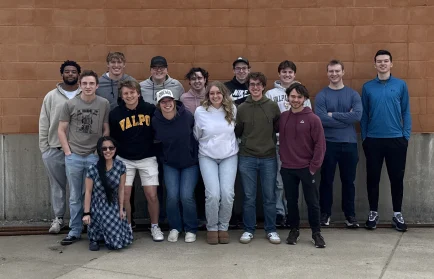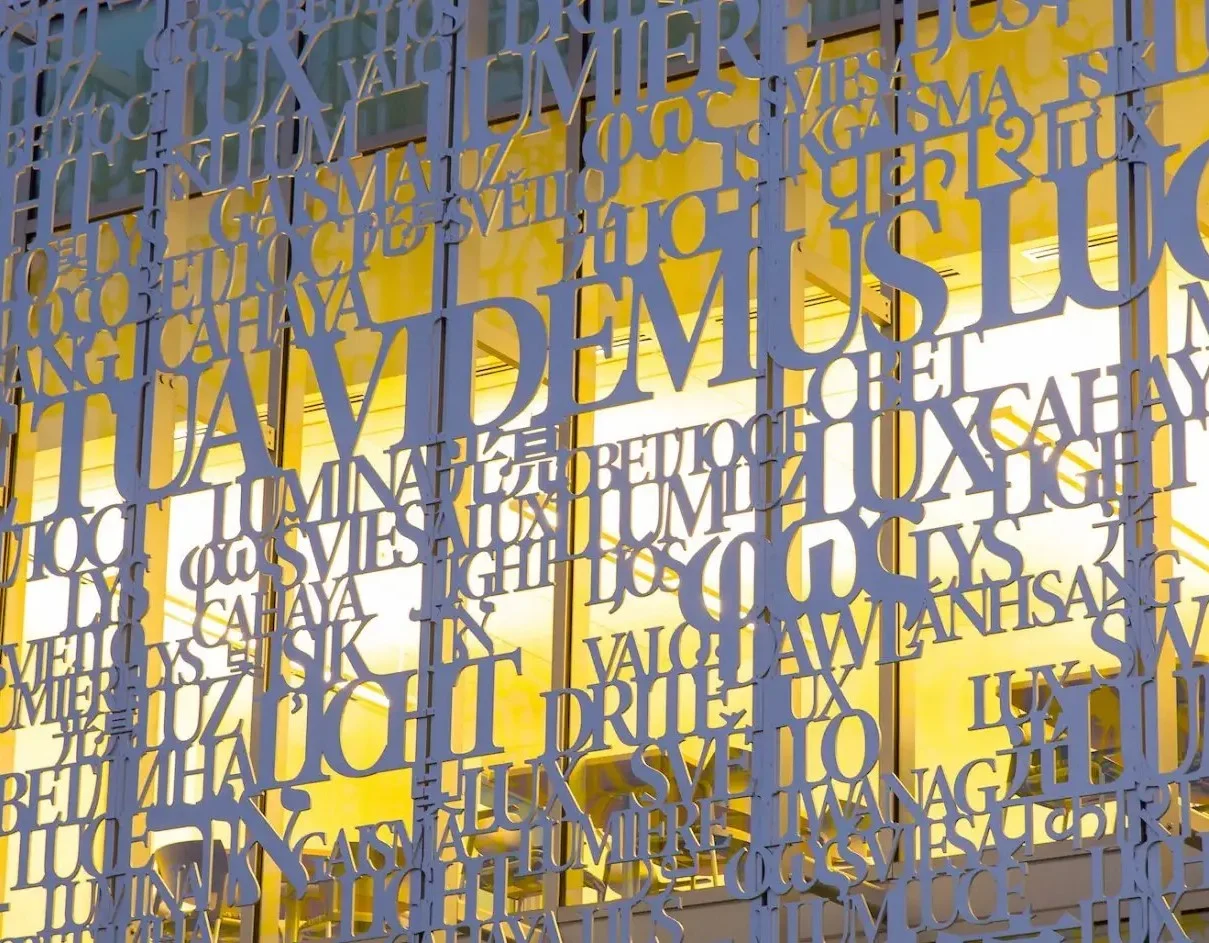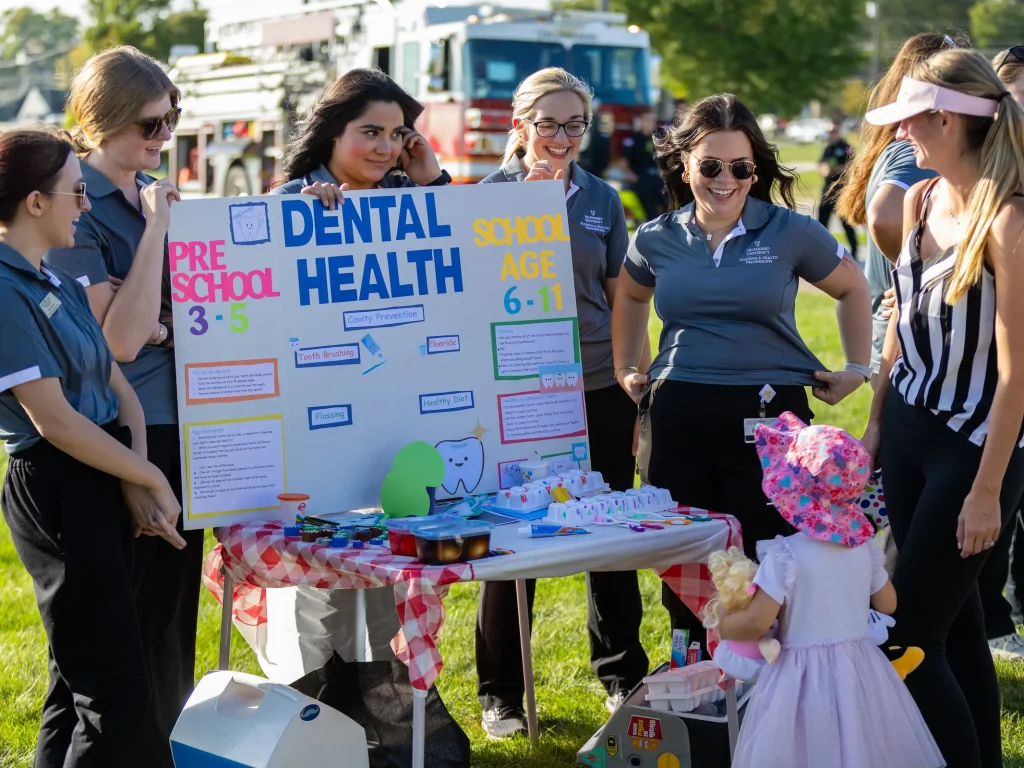Neuroscience Minor
An understanding of the mind is one of the most important and fascinating human quests.
About Our Neuroscience Minor
A minimum of 16 credit hours is required for the neuroscience minor.
| Minor Requirements for Forensic Science | ||
| Core Courses | 10 credits | |
| BIO 370 | Human Neuropsychology | 3 credits |
| Take four credits of the following course: | 4 credits | |
| NSCI 393 | Neuroscience Seminar | 2 credits |
| Elective Courses | 6 credits | |
| Choose 6 credits from two different departments from the following options: | ||
| BIO 380 | Principles of Human Physiology | 3 credits |
| BIO 493 | Seminar in Biology (with committee approval) | 1 credit |
| ENGL 343 | Introduction to Linguistics | 3 credits |
| PHIL 315 | Philosophy of Mind and Language | 3 credits |
| PSY 245 | Physiological Psychology | 3 credits |
| PSY 345 | Sensation and Perception | 3 credits |
| PSY 346 | Laboratory in Sensation and Perception | 1 credit |
| PSY 350 | Cognitive Psychology | 3 credits |
| PSY 351 | Laboratory in Human Cognition | 1 credit |
| PSY 376 | Laboratory in Neuropsychology | 1 credit |
| Capstone Course | 0-1 credit | |
| NSCI 499 | Neuroscience Capstone Project | 0-1 credit |
| Core classes should be completed during the sophomore or junior year if possible, while electives may be taken at any time. The capstone experience will usually be taken in the senior year. Prerequisite courses are required prior to registration in core classes and are typically completed during the freshman or sophomore year of study. In addition, the core program courses require a significant background in the biological and psychological sciences to allow full engagement with the technical aspects of neuroscience. Students are encouraged to consult with a neuroscience advisor to assist in selecting courses that will support their professional goals. | ||
college of Arts & Sciences
